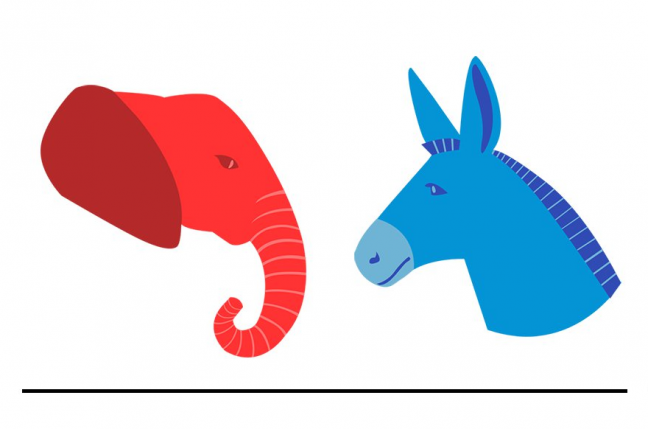The keystone of our constitutional republic is the right to vote. Participation in the political process is extremely important. The decisions our elected leaders make control how our hard-earned tax dollars will be spent, how the government will choose to approach society’s complex problems and arguably, the very fabric of our society.
Protecting the integrity of our elections goes to the very core of why we go to the polls on election day. Voting should be accessible and the electoral process ought to be structured to prevent voting fraud.
Republicans want to protect the voting process. Everyone who is eligible to vote should be able to vote. But no one should be able to take advantage of the process and jeopardize the integrity of our elections. Luckily, Wisconsin laws require a present form of identification to prevent the loss of integrity in the democratic system.
Obtaining a voter ID is both free and easy. Most American citizens have to show an ID regularly in their everyday lives. Forms of acceptable voter ID include a Wisconsin driver’s license, an ID card obtained from the DMV, a U.S. Military card, a U.S. Passport, or a student voter ID accompanied with proof of enrollment. Even if a voter is unable to obtain an ID by election day, they can still vote by completing an affidavit stating that they do not have a voter ID and were unable to get one with reasonable effort.
Democrats argue requiring voter ID leaves minority groups disenfranchised because they cannot obtain IDs. Some even say voter ID laws are racist. But this couldn’t be further from the truth. Obtaining an acceptable voter ID in the state of Wisconsin is free for everyone and provides many provisions for those who may not have access to a traditional form of identification.
Additionally, people won’t be turned away at the polls if they certify via affidavit that they do not have a voter ID and that they were unable to get one. If that isn’t enough proof, a 2016 Gallup poll also found that 77% of non-white Americans support voter ID laws, compared to 81% of white Americans.
According to the National Bureau of Economic Research, requiring an ID at the polls does not inhibit as many voters as liberals claim. The researchers studied over 2,000 elections in Florida and Michigan, where voters are asked for an ID, but it is not required for voting. They found that less than 0.10% and 0.31% of voters in Florida and Michigan respectively, voted without an ID. Legal citizens are minutely affected by voter ID laws.
In the case of Common Cause/Georgia v. Billups, a judge ruled, “Plaintiffs have failed to prove actual success on the merits of their claim that the 2006 Photo ID Act’s Photo ID requirement unduly burdens the right to vote.”
Simply put, they were unable to find significant evidence to prove that American citizens were blocked from voting because they did not have an ID. Voter IDs protect the democratic system and the sanctity of our elections.
Point Counterpoint: Why you should join UW College Republicans
Americans have to show an ID in a lot of situations. For example, college students have to show an ID to submit an exam, go to a bar, purchase alcohol and tobacco, operate a vehicle and pick up a prescription. It is not racist to require identification to participate in our democratic process.
Participating in the electoral process is a fundamental part of being an engaged U.S. citizen. At College Republicans, our participation in the electoral process stems far beyond just voting on election day. We make calls, knock on doors, and talk to our peers about the importance of voting.
Going to the ballot box on election day is a privilege that many groups in the United States have not always had. Protecting this right and the outcomes of the election is a crucial step in participating in the electoral process. Requiring identification at the polls does not inhibit the ability to vote. Rather, it ensures that American votes and voices are protected.
Lilly Freemyer is a sophomore studying political science and journalism. She is the Political Director of the College Republicans of UW-Madison.
Read about the College Democrats’ position on voter ID here.


